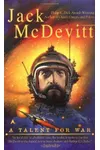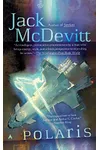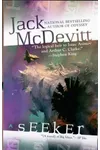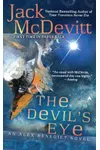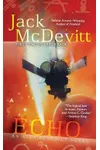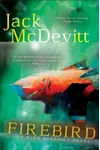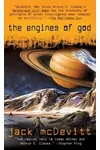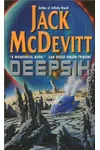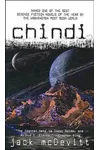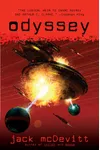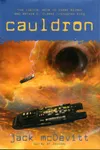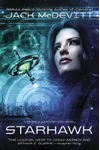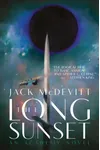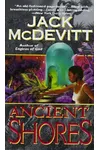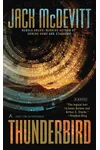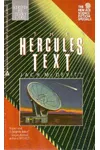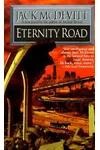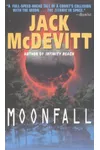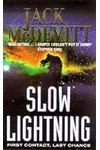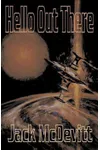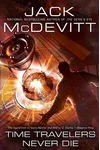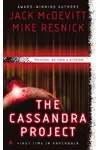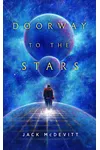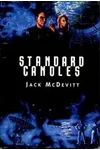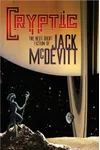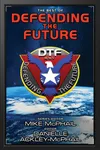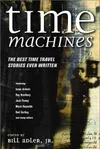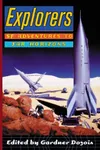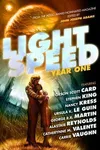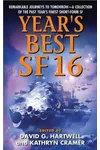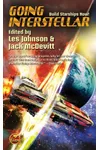Picture a storyteller who spun tales of alien artifacts and cosmic mysteries—meet Jack McDevitt! Born in 1935, this American science fiction novelist transformed his love for astronomy into gripping novels that blend hard sci-fi with thrilling mysteries. From a 25-year writing hiatus to Nebula Award glory, McDevitt’s journey is as captivating as the galaxies he explores.
With series like the Alex Benedict and Priscilla Hutchins novels, McDevitt has hooked readers with his knack for unexpected twists and deep, imaginative worlds. Ready to dive into his universe? Let’s explore the man behind the mysteries.
The Making of Jack McDevitt
Jack McDevitt was born on April 14, 1935, in Philadelphia, Pennsylvania. His early life was a whirlwind of diverse careers—naval officer, taxi driver, English teacher, and customs officer. At La Salle University, a short story won the Freshman Short Story Contest, sparking his literary dreams. But after reading *David Copperfield*, McDevitt doubted his skills and shelved writing for over two decades. It wasn’t until 1980, encouraged by his wife, Maureen, that he returned to storytelling, publishing his first story, “The Emerson Effect,” in *The Twilight Zone Magazine* in 1981.
With a master’s degree in literature from Wesleyan University (1971), McDevitt brought a scholarly depth to his work. His passion for science, especially astronomy, shaped his novels, which often explore humanity’s place in a vast, mysterious universe. This blend of intellect and imagination set the stage for his remarkable career.
Jack McDevitt’s Unforgettable Stories
McDevitt’s novels are a masterclass in blending hard science fiction with mystery. His *Alex Benedict* series, starting with *A Talent for War* (1989), follows an antiquities dealer uncovering galactic secrets. *Seeker* (2005), a standout, won the 2006 Nebula Award for its gripping tale of a lost colony ship. The *Priscilla Hutchins* series, beginning with *The Engines of God* (1994), dives into xeno-archaeology, with pilot Hutch exploring ancient alien artifacts. Titles like *Deepsix* (2001) and *Omega* (2003) showcase her thrilling adventures.
McDevitt’s style is distinctive for its explosive endings and deliberate ambiguity. He often hints at one narrative path, only to veer into unexpected territory, keeping readers guessing. His worlds feel lived-in, with subplots and minor characters rich enough to spark curiosity. Themes of first contact and abandoned civilizations reflect his fascination with the unknown, earning comparisons to giants like Isaac Asimov and Arthur C. Clarke.
Standalone novels like *Ancient Shores* (1996) explore humanity’s reaction to alien technology, while *Moonfall* (1998) delivers a pulse-pounding disaster tale. With over 30 books, McDevitt’s prolific output never sacrifices depth or wonder.
Why Jack McDevitt Matters
Jack McDevitt’s impact on science fiction lies in his ability to make the cosmos feel both awe-inspiring and intimately human. His focus on xeno-archaeology and first contact taps into universal questions: Are we alone? What came before us? His novels, nominated for 16 Nebula Awards, have inspired fans and writers to ponder these mysteries. Stephen King called him “the logical heir to Isaac Asimov and Arthur C. Clarke,” a testament to his storytelling prowess.
McDevitt’s legacy also shines in his perseverance. His 25-year hiatus proves it’s never too late to chase a dream, resonating with aspiring authors. Living near Brunswick, Georgia, with his wife, Maureen, he continues to craft stories that ignite curiosity and wonder.
- Born: April 14, 1935, Philadelphia, Pennsylvania
- Key Works: *Seeker*, *The Engines of God*, *A Talent for War*
- Awards: Nebula Award (2006), Robert A. Heinlein Lifetime Achievement Award
Snag *Seeker* or *The Engines of God* and dive into Jack McDevitt’s thrilling sci-fi mysteries! Your next cosmic adventure awaits.
